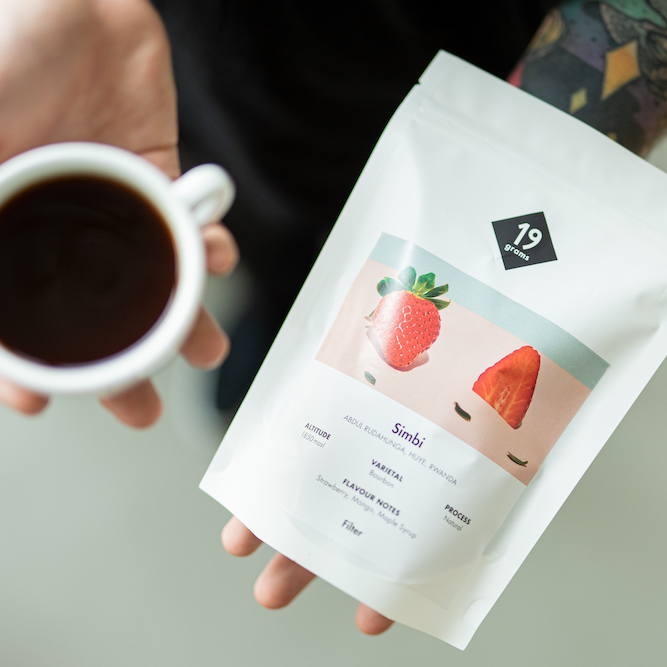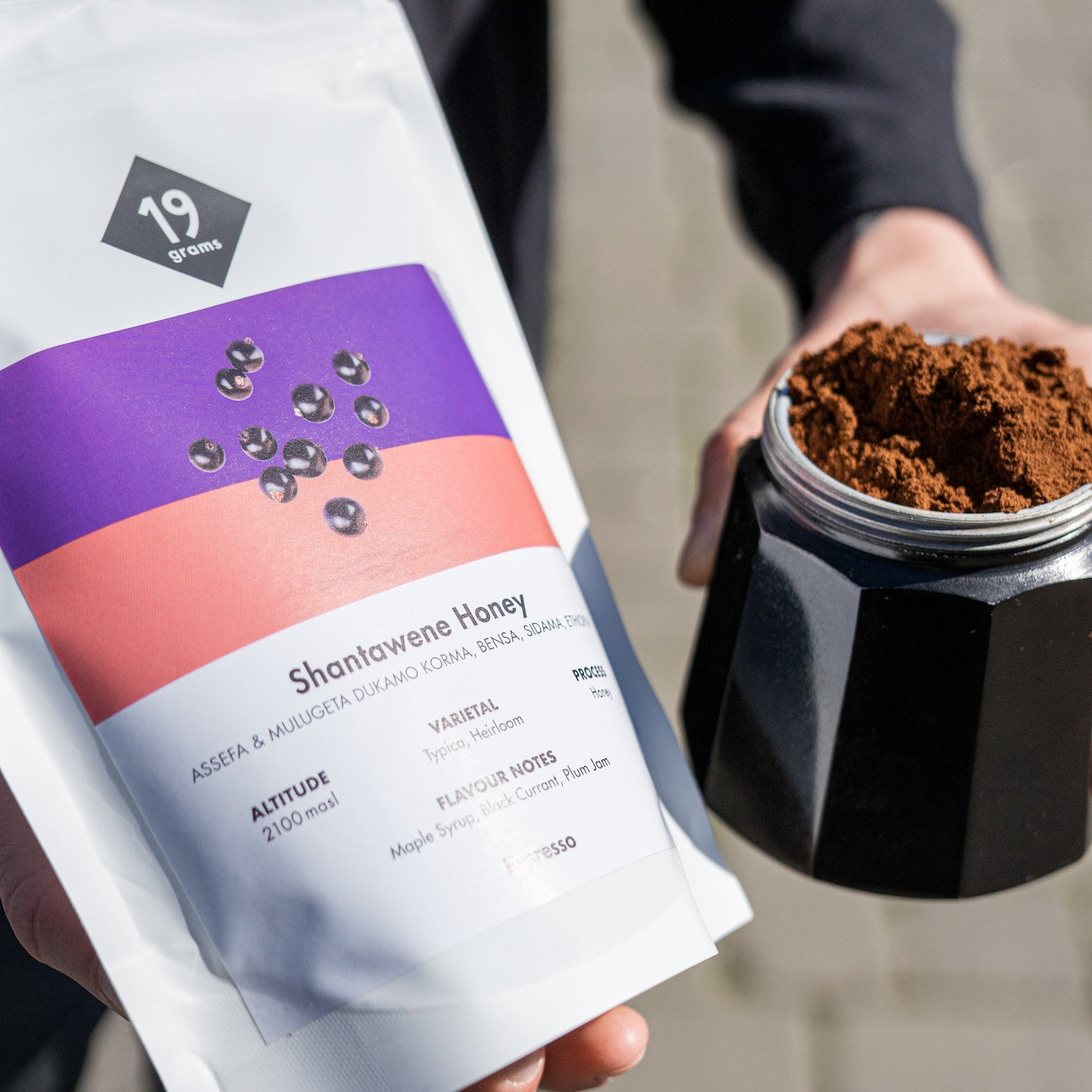Sour beans are defective coffee beans with excessive acidity, especially of chlorogenic acid, which negatively affects the taste of the coffee. These beans can be due to various factors, such as immature harvesting or excessive fermentation. Despite the roasting process, sour beans can contain high levels of chlorogenic acid, resulting in an unpleasantly sour and unbalanced taste in the prepared coffee.
The presence of sour beans can be attributed to both faulty harvesting methods and inadequate processing methods. Unripe or otherwise defective coffee beans are sorted out after harvesting, but some may still enter the production process and affect the taste of the final product. In addition, high quality beans can become sour during processing due to overfermentation, leading to increased acidity and undesirable fermentation defects.
Although sour beans contribute to sour coffee, it is important to note that not all sour coffees are solely due to these beans. Lower quality coffees may be subjected to rapid roasting to save costs, resulting in insufficient breakdown of chlorogenic acid. This makes brewed coffee taste sour, regardless of sour beans. Understanding the factors behind sour coffee allows for better assessment and improvement of coffee quality.





